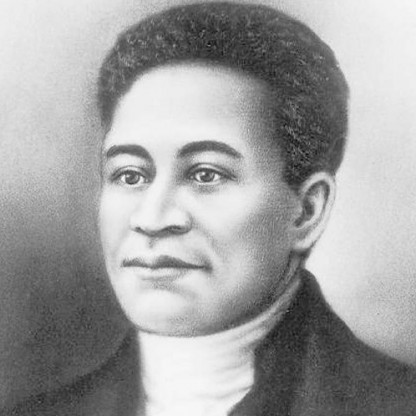Pollard's Future wife, Anne Henderson (born May 1, 1960), moved to Washington, D. C., in fall 1978 to live with her (recently divorced) father, Bernard Henderson. In the summer of 1981, she moved into a house on Capitol Hill with two other women and, through a friend of one of her roommates, she first met Pollard. He later said he had fallen in love during their first meeting – they were "an inseparable couple" by November 1981, and in June 1982, when her Capitol Hill lease expired, she moved into Pollard's apartment in Arlington, Virginia. In December 1982, the couple moved into downtown Washington, D. C., to a two-bedroom apartment at 1733 20th Street NW, near Dupont Circle. They married on August 9, 1985, more than a year after Pollard began spying for Israel, in a civil ceremony in Venice, Italy. At the time of their arrest, in November 1985, they were paying US$750 per month in rent.









